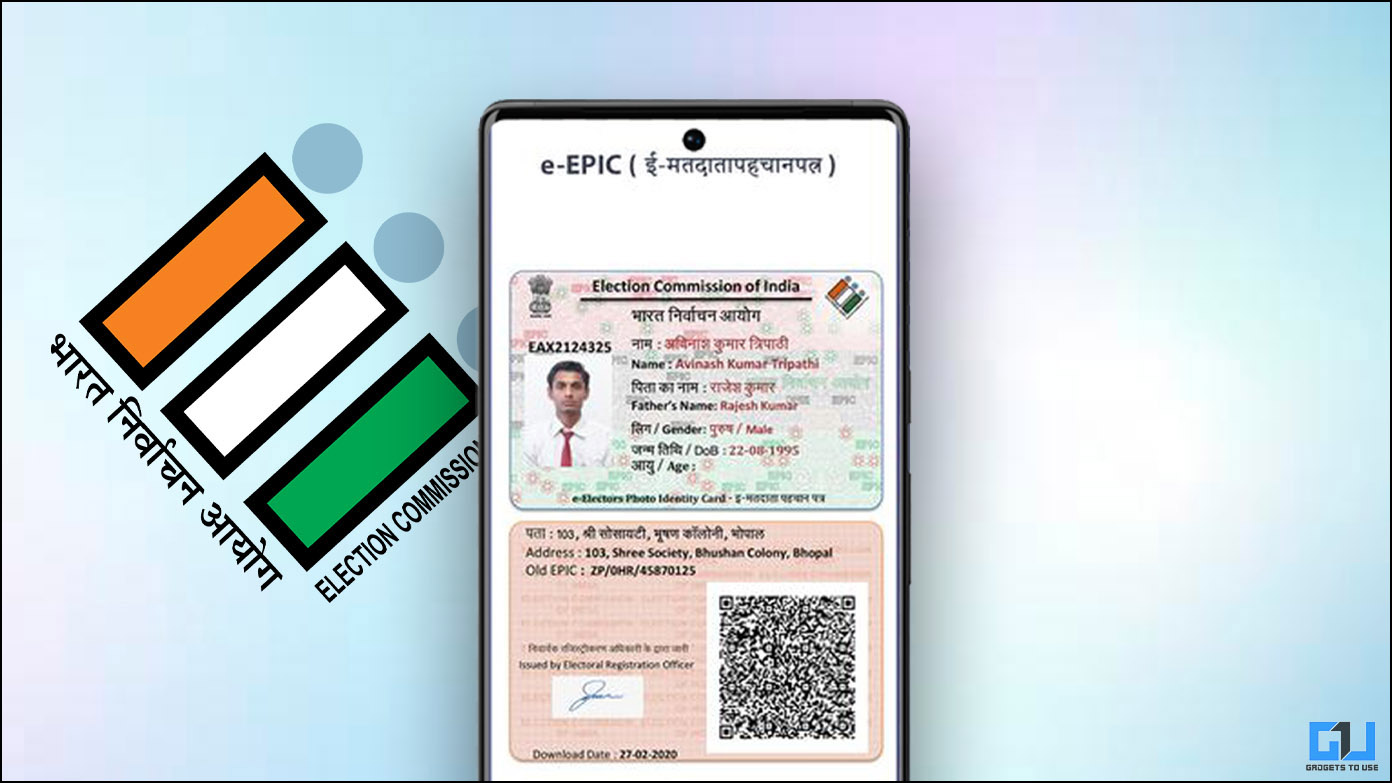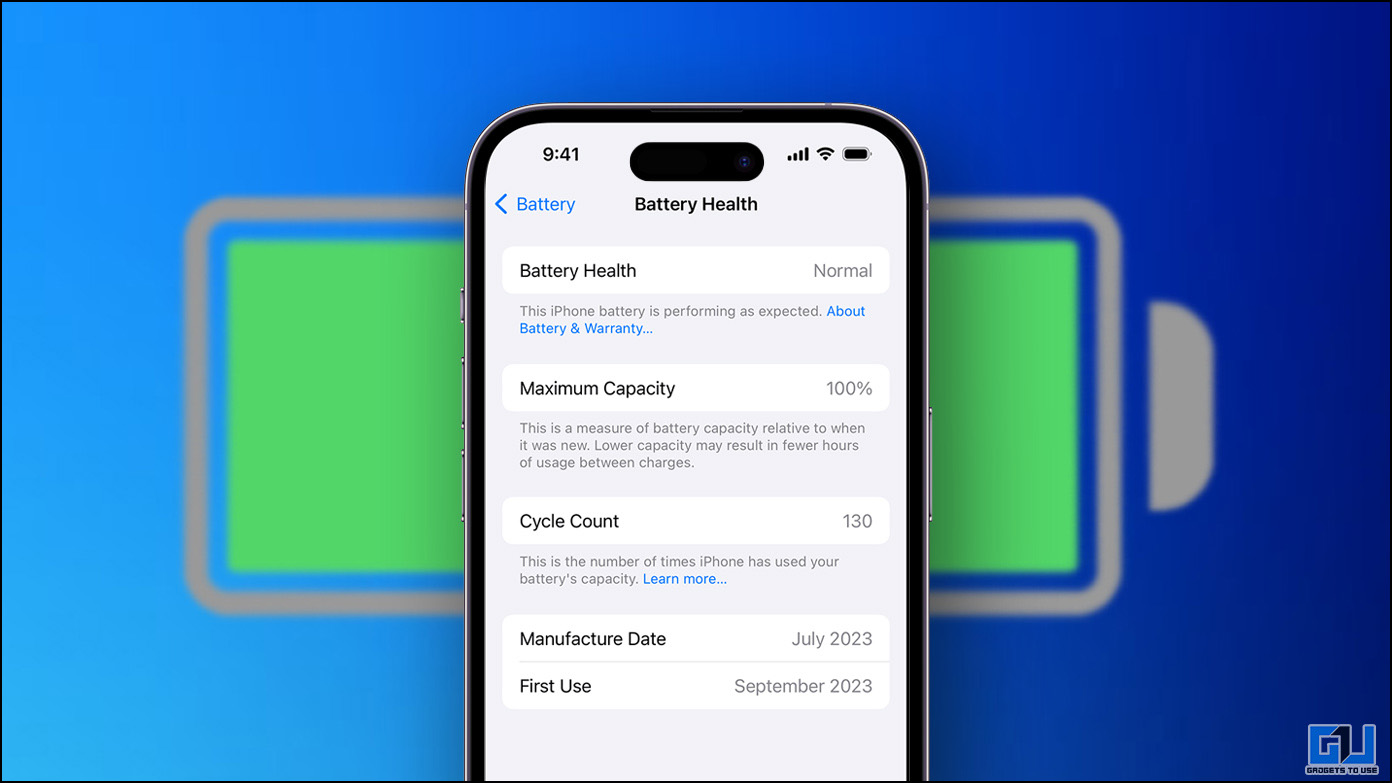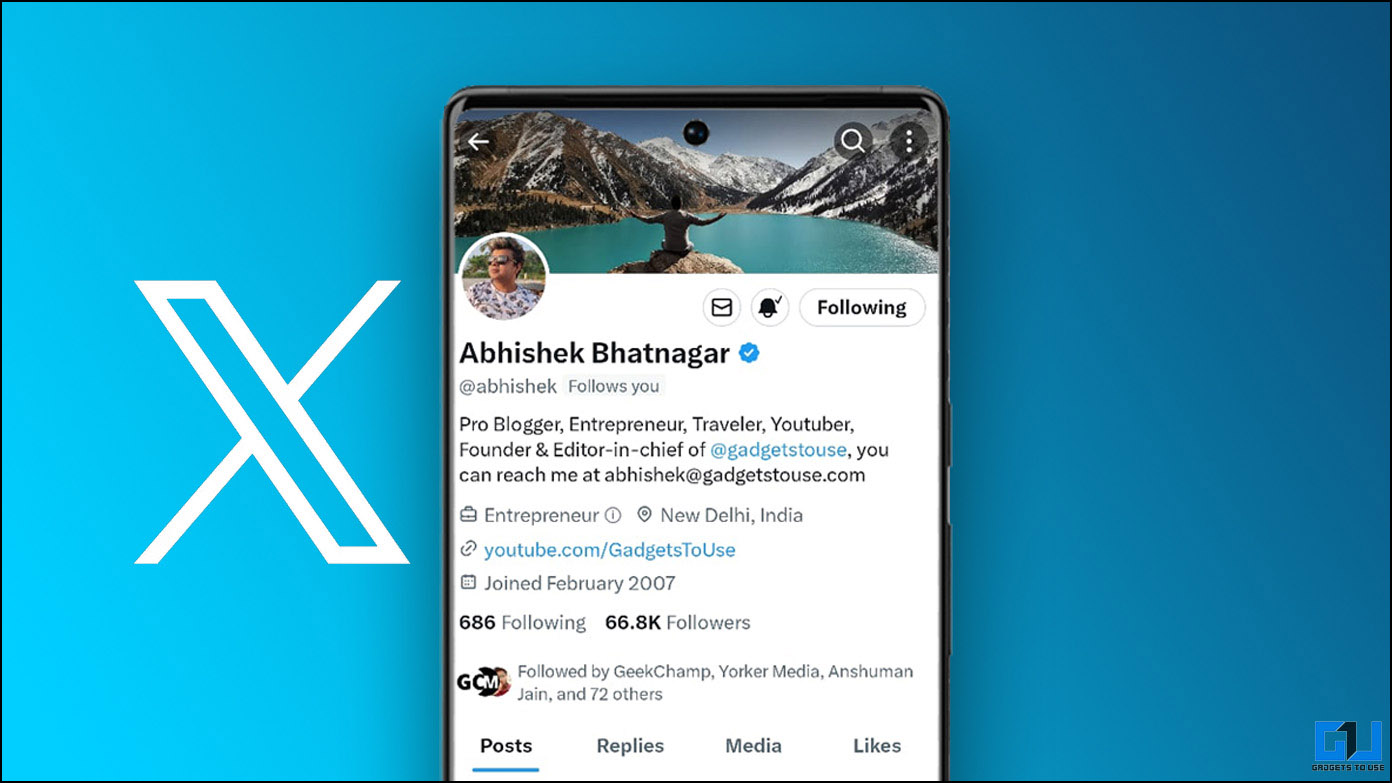TRAI has issued a new quality of service rule on Friday to resolve call drop issue. As per the rule, a penalty of up to Rs. 10 lakh per circle in a quarter can be imposed on telecom operators, if they fail to meet the voice quality benchmarks.
The Telecom Regulatory Authority of India (TRAI) clarified that operators would need to pay Rs. 1 lakh to Rs. 5 lakh, depending on the extent of the violation in a quarter. It may eventually subject to a cap of Rs. 10 lakh on subsequent violations. The new rules will be effective from October 1, 2017.
“We have proposed financial disincentive in the range of Rs. 1-5 lakh. It is a graded penalty system depending on the performance of a network,” TRAI Chairman R S Sharma told.
Further, TRAI explained, if an operator fails to meet voice quality benchmark in consecutive quarters, the penalty amount will be increased 1.5 times in second and in the third consecutive quarter it will be doubled. So, there will be a cap of Rs. 10 lakh on consistently failing to meet the requirements.
Under the current rules, quality of service rules penalty on call drop was Rs. 50,000 to Rs. 1 lakh for not meeting quality parameters. It could go up to Rs. 2 lakh in case of third subsequent violation. Coming to the new rules, the regulator has stipulated three parameters for calculating call drops now.
The first one is, 90% of the time, 90% of the towers of an operator in a circle must not have a call drop rate more than 2%.
Second is, 97% of the time, 90% of the towers should not have a call drop rate of more than 3%.
Lastly, carriers will have to keep a record of Radio Link Timeout (RLT) of more than 48 for more than three days.
RLT, a parameter meant for managing calls, is allegedly used by operators to cover-up call drops. The TRAI now wants this record to be shared with TRAI giving the reasons for this. Moreover, the new rules are also more tech-centric as operators need not submit data for 2G, 3G and 4G separately now.
If we talk about the penalties, it will be now based on new benchmarks. Which includes taking readings at a smaller level compared to the approach used now. Also, it will be levied from January 1, 2018, three months after the rules kick in.
The quarter till December end will be used for observations of call drop information shared by telecom operators. It is also to be mentioned that TRAI had earlier launched MyCall, an app to track the call quality of different operators.
The telecom operators also commented on the new guidelines saying it would add to the complexity of rules. The COAI said that the operators are not solely responsible for the quality of service. And, there are other factors, such as the number of users on the network at a time, subscribers being outdoors, and limited access to crucial sites because of misinformation among people about radiation.
“However, it must be noted that the quality of service provided by a network is beyond the absolute control of a network service provider,” COAI Director General Rajan S Mathews said.
The Cellular Operators Association of India (COAI) is the telecom operators’ lobby. The association represents all major operators of India, including Reliance Jio, Bharti Airtel, Vodafone India, and Idea Cellular.
“As there are a lot of technicalities involved in call drops, if and when they occur, they do in pockets. Therefore, a collaborative approach is the most conducive one for resolving this challenge,’’ Matthews said further.


